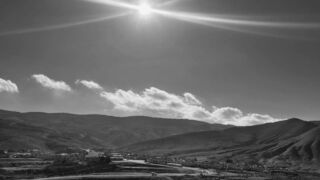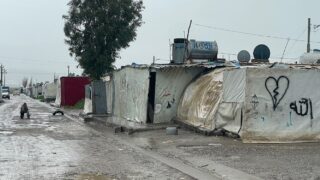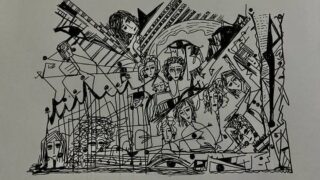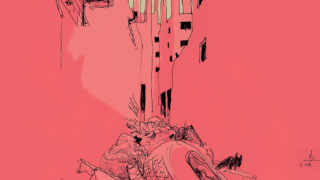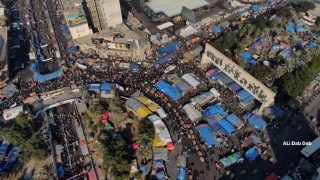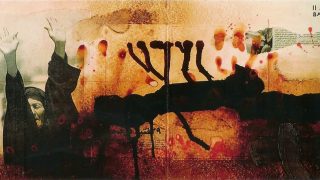She folded her robe, raised her hand, and threw a white powder on the mirror before starting to murmur unclear words. She was carrying her censor and moving around the room while the astounded spectators were anticipating the outcomes. My aunt’s lips trembled and my uncle rested on the wall, but nothing came out of this ceremony. The witch game my uncle and aunt a paper on which she wrote a description of the thief and told him that he might be one of their relatives. The description was so general it could be written about almost half of Baghdad’s men, but the witch’s words sparked doubts in my aunt’s heart and led her to suspect all the relatives and follow their movement closely. This occurred in the mid-1990s after my aunt’s jewelry had been stolen. Poverty had reached an unprecedented scale in Iraq with almost 40 per cent of the population below the poverty line. People did not trust the police because it was mired in corruption so they resorted to witches to solve their problem after it had been claimed that Saddam Hussein and his deputy were doing the same.
Such claims were often repeated in Iraq, a country isolated from the world and held by firepower and the military. Years later, it was revealed that the same witch who visited my aunt and uncle was, in fact, an agent of Saddam Hussein’s security apparatus. After her home was raided, they found documents that included detailed information about the residents of her neighborhood, indicating that she was an informant.
English
Iraq’s Magicians
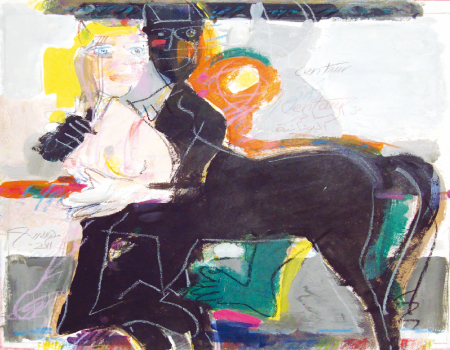
Articles from Iraq
Walking the Path of the Sun: The Iraqi-Syrian Border
Within hours, their homeland turned into a ghost town. Women were transformed into commodities traded in slave markets, men were rendered into skeletons jumbled in mass graves, and children were...
A Girl like a Bamboo Reed
Fatima was denied even the dignity of death, though it circled close, its breath thick with the dust of earth. She was abducted by ISIS fighters at the age of...
For Women in Displacement Camps, Freedom Lies Beyond Their Walls
Some of these women have spent more than a decade in the camp. It’s where they grew up and where they went to school. This life has shaped how they...
From the same author
Informal Settlements in Baghdad: Home Is Everywhere
Informal settlements in Baghdad did not develop in one specific form. Some were built on plots of land without title deeds; 98% of which are state-owned and 2% are private...
Iraq’s October Protests: A Political Constant and Social Transformation
As soon as the protests took off, thousands of young people gathered in Tahrir Square in Baghdad, echoing countless concerns and questions. The desperate, the unemployed, the infuriated with families...
Maps of Deprivation and Dissolution in Iraq
In 2011, the Ministry of Planning released a report entitled “Maps of Deprivation in Iraq”; in it, the Iraqi population was divided into a different groups depending on their relationship...

